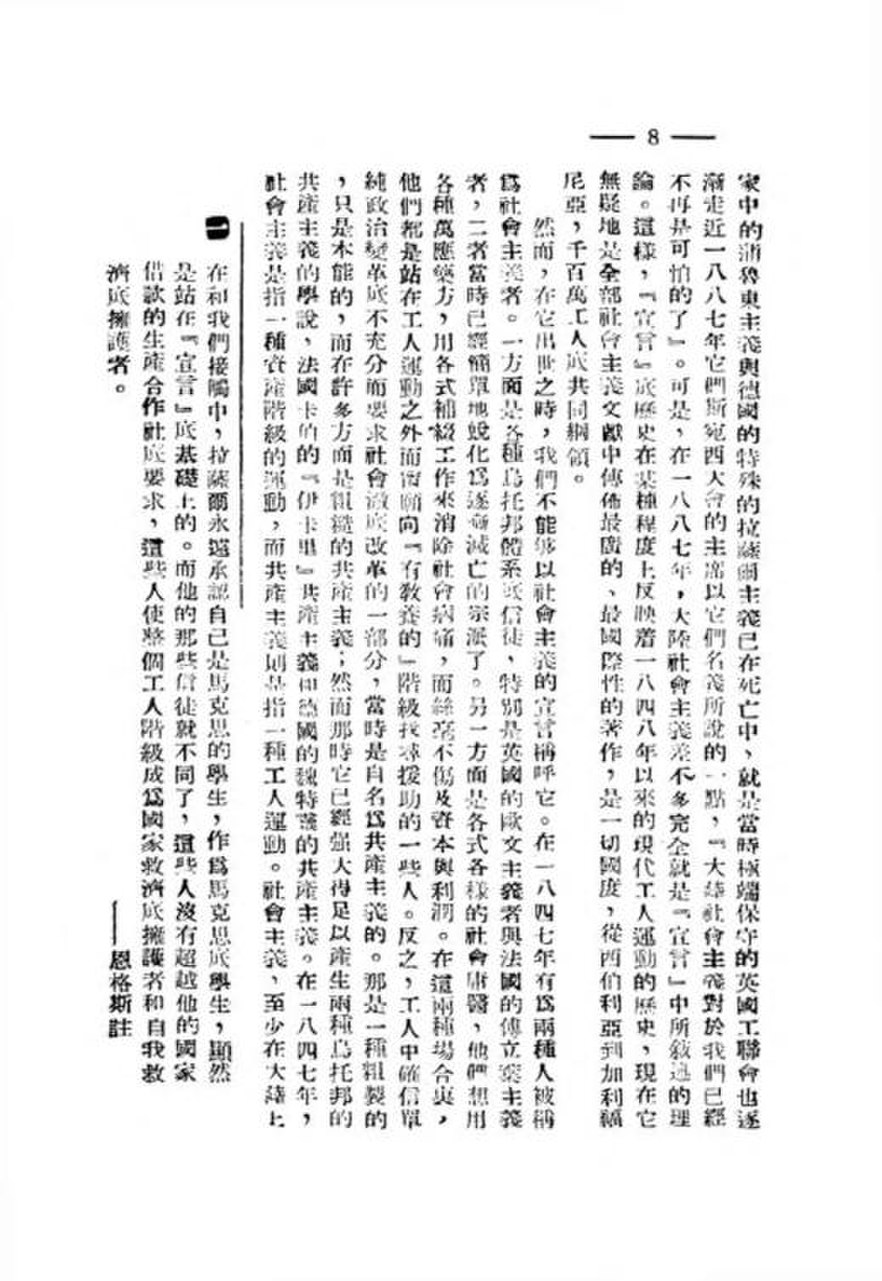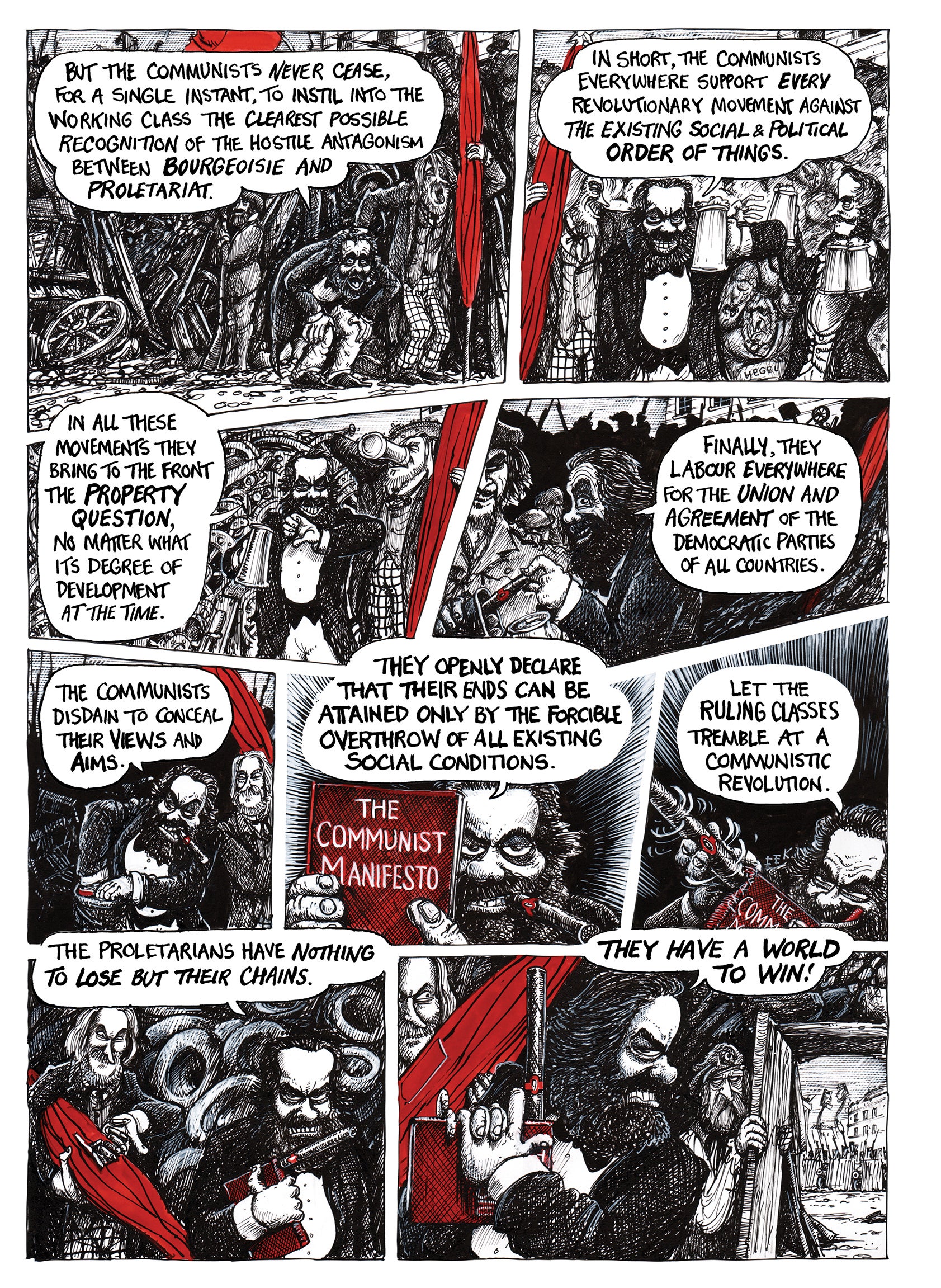

As he notes in his introduction, “history has failed to unfold precisely as Marx either hoped or prophesied, though it’s not Marx’s fault that in most revolutions the battering ram aimed against the walls of the elite always end up buckling at the last minute, ending up buttressing the even higher walls of the new elites.” At the end of the book, after completing the published text of the Manifesto, Rowson illustrates what came after. īesides all the nice drawings and that, historical perspective is the principal thing Rowson brings in the adapting. It is this anniversary, uptick of interest in his ideas, and the centuries of intervening history informed by his most seminal text which haunts Martin Rowson’s comic adaptation of Marx and Engels’ Communist Manifesto. Heck, even comics creators have been discussing the possibility of unionising again, something which would surely benefit the famously precarious profession and yet hasn’t been seriously considered since, I don’t know, the Sixties? (The creators-first formation of Image Comics in the Nineties, further espoused by bad small press comics men like Dave Sim and Brandon Graham, had a more Randian, libertarian, individualist bent).


It may still be a dirty word to those on the right and centre, but a century after the October revolution partially inspired by the writing of Karl Marx and Friedrich Engels, there’s a resurgent left wing speaking openly about socialist policies and politics that’s also (almost0 perfectly timed for the 200th anniversary of Marx’s birth.


 0 kommentar(er)
0 kommentar(er)
